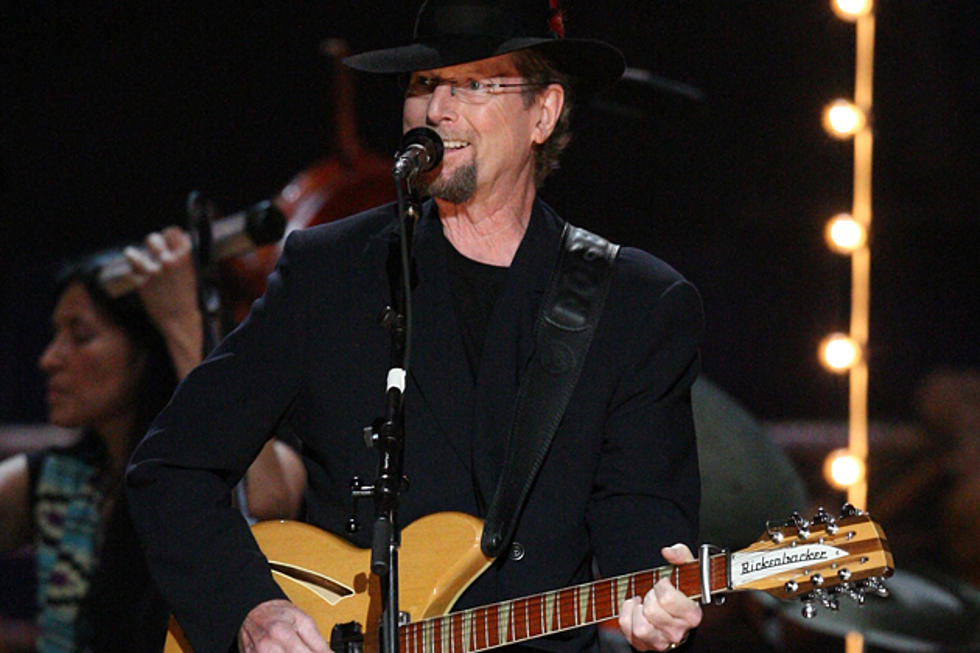Revisiting the Byrds’ Classic Country Move, ‘Sweetheart of the Rodeo’
Commercially, the Byrds weren't exactly at the top of their game in 1968. Their fifth album, The Notorious Byrd Brothers, released in January, topped out at No. 47, and its only single, "Goin' Back," barely cracked the Top 90. Plus, the band's revolving door spit out cofounder David Crosby midway through the recording sessions.
Not that there was anything wrong with The Notorious Byrd Brothers; it's one of the group's best works. But the record-buying public, which gave the band a pair of No. 1 singles only three years earlier, was growing less interested in the Byrds' exploratory nature as 1968 rolled around.
By the middle of the year, with both Crosby and drummer Michael Clarke gone, Roger McGuinn and Chris Hillman, the only original members left in the group, began eyeing their future. They had dipped into country music on The Notorious Byrd Brothers, and McGuinn wanted to expand the concept on an entire album based on the sounds of Americana -- bluegrass, Western swing, jazz. The problem was that he and Hillman couldn't do it alone.
So they recruited Hillman's cousin Kevin Kelley on drums and a young singer-songwriter named Gram Parsons, who led the country-rock psychedelic group the International Submarine Band, on guitar, keyboards and vocals. The sessions would be rounded out with various studio musicians on banjo, fiddle and pedal-steel guitar.
As recording for Sweetheart of the Rodeo began, and Parsons became a major presence and influence on the sessions, McGuinn's concept was downscaled to a country album punctuated with rock 'n' roll grace notes. Parsons even talked the group into relocating to Nashville to record the album, which was made up of Parsons originals ("Hickory Wind"), traditional cuts ("I Am a Pilgrim"), country covers (the Louvin brothers' "The Christian Life") and a pair of Bob Dylan songs (including "You Ain't Goin' Nowhere," which was still unreleased when the Byrds cut their version).
But sometime between Sweetheart of the Rodeo's post-production and release, Parsons' old record company contested his involvement with the Byrds, citing contractual obligations, prompting McGuinn to replace the young singer-songwriter's lead vocals with his own. Parsons went to his grave in 1973 claiming McGuinn wasn't forced to swap the tracks; it was merely McGuinn's way to wrestle back control of his group, he said. The original vocals were eventually released on 1990's The Byrds boxed set.
Either way, Parsons left the band soon after and formed the Flying Burrito Brothers, taking Hillman with him. And the album became a landmark recording -- the birth of country-rock and one of the most important and influential LPs ever made. But that didn't help sales any. Released on Aug. 30, 1968, Sweetheart of the Rodeo was the Byrds' lowest-charting album up to that point, stalling at No. 77. The only single to chart, Dylan's "You Ain't Goin' Nowhere," didn't do much better, climbing to No. 74 before disappearing. But the album's legacy can be heard in every single alt-country artist worth his or her twang, and in every rock band that ever even glanced in country music's direction.
See the Byrds and Other Rockers in the Top 100 Albums of the '60s




